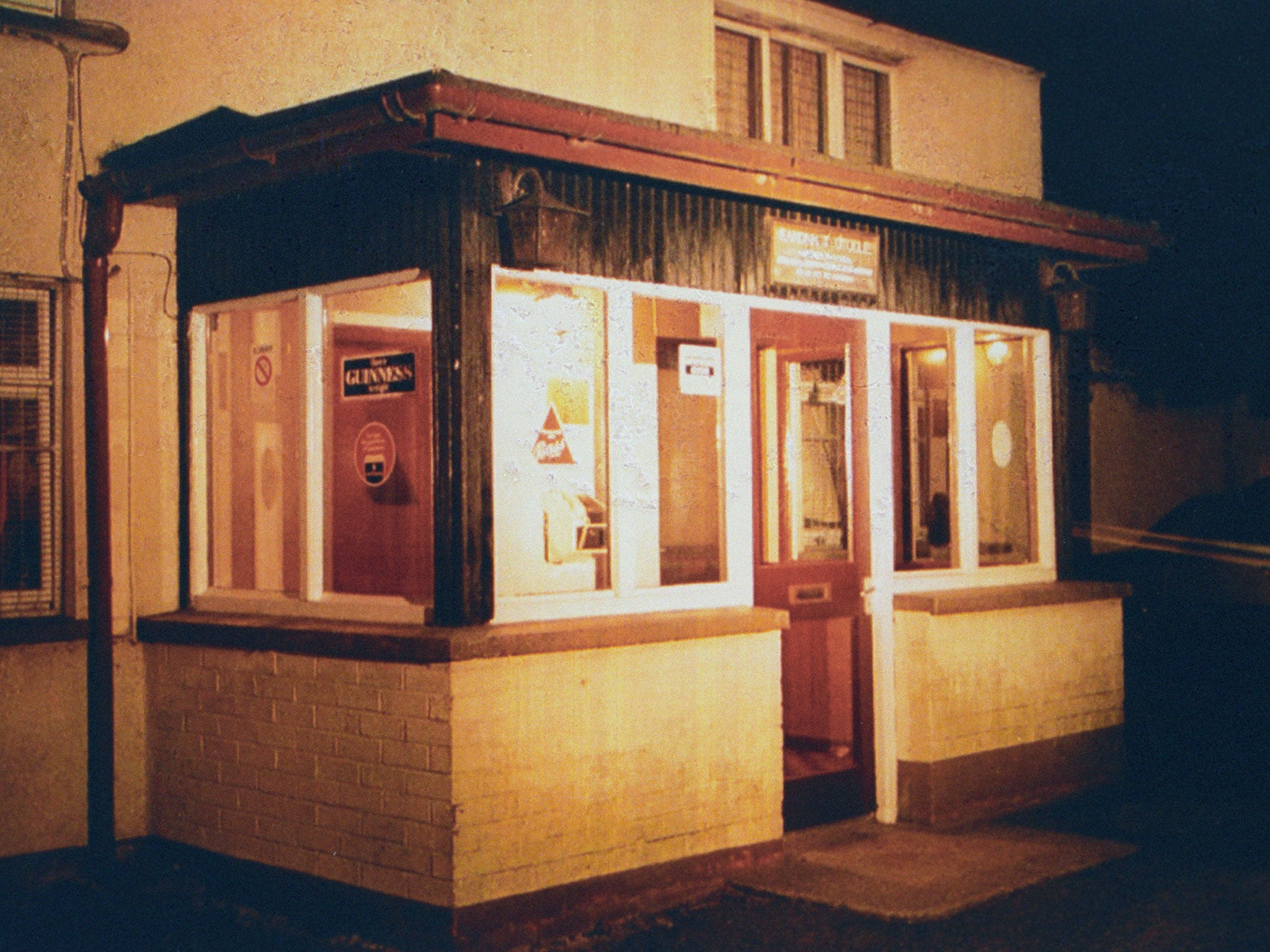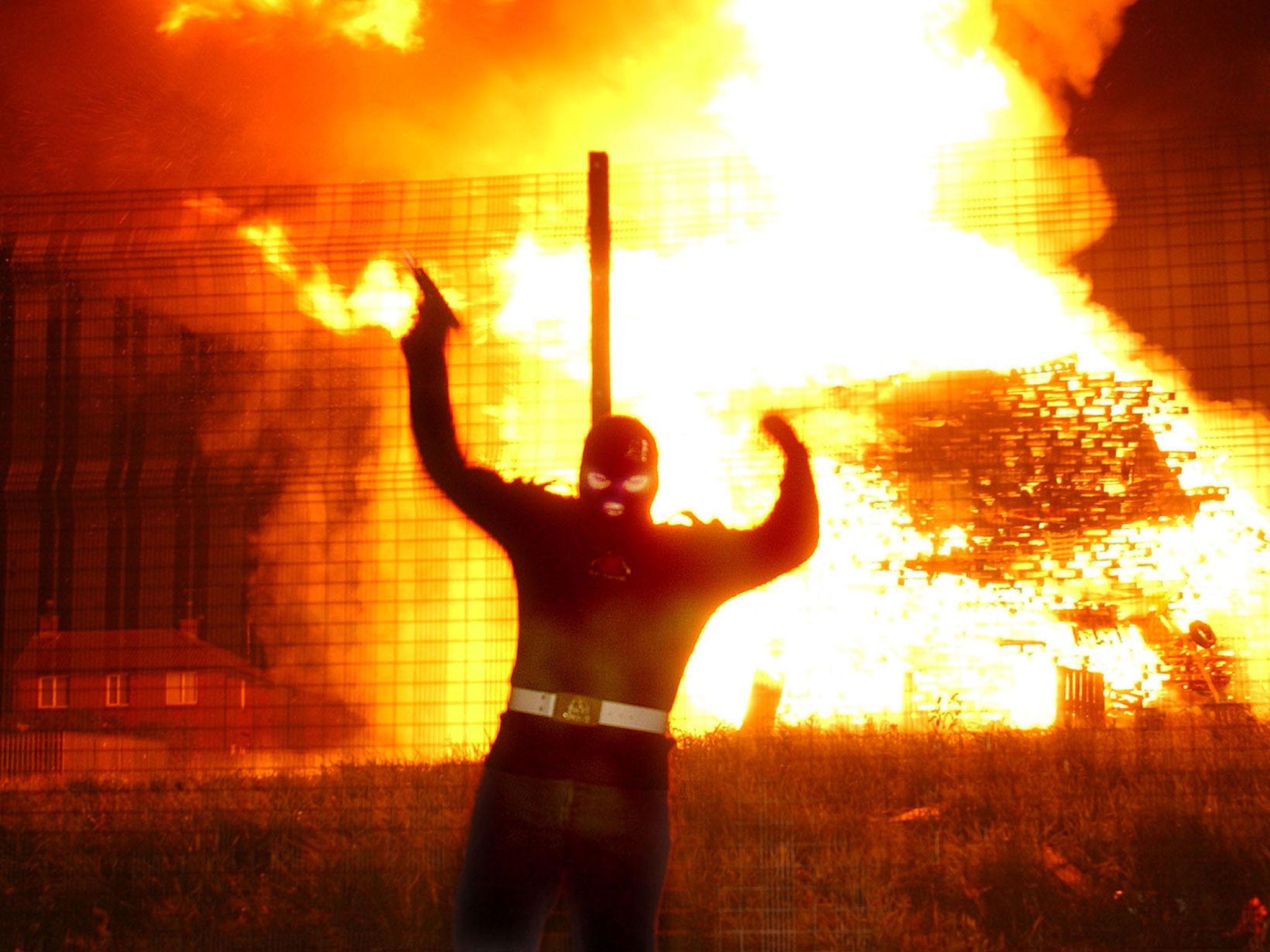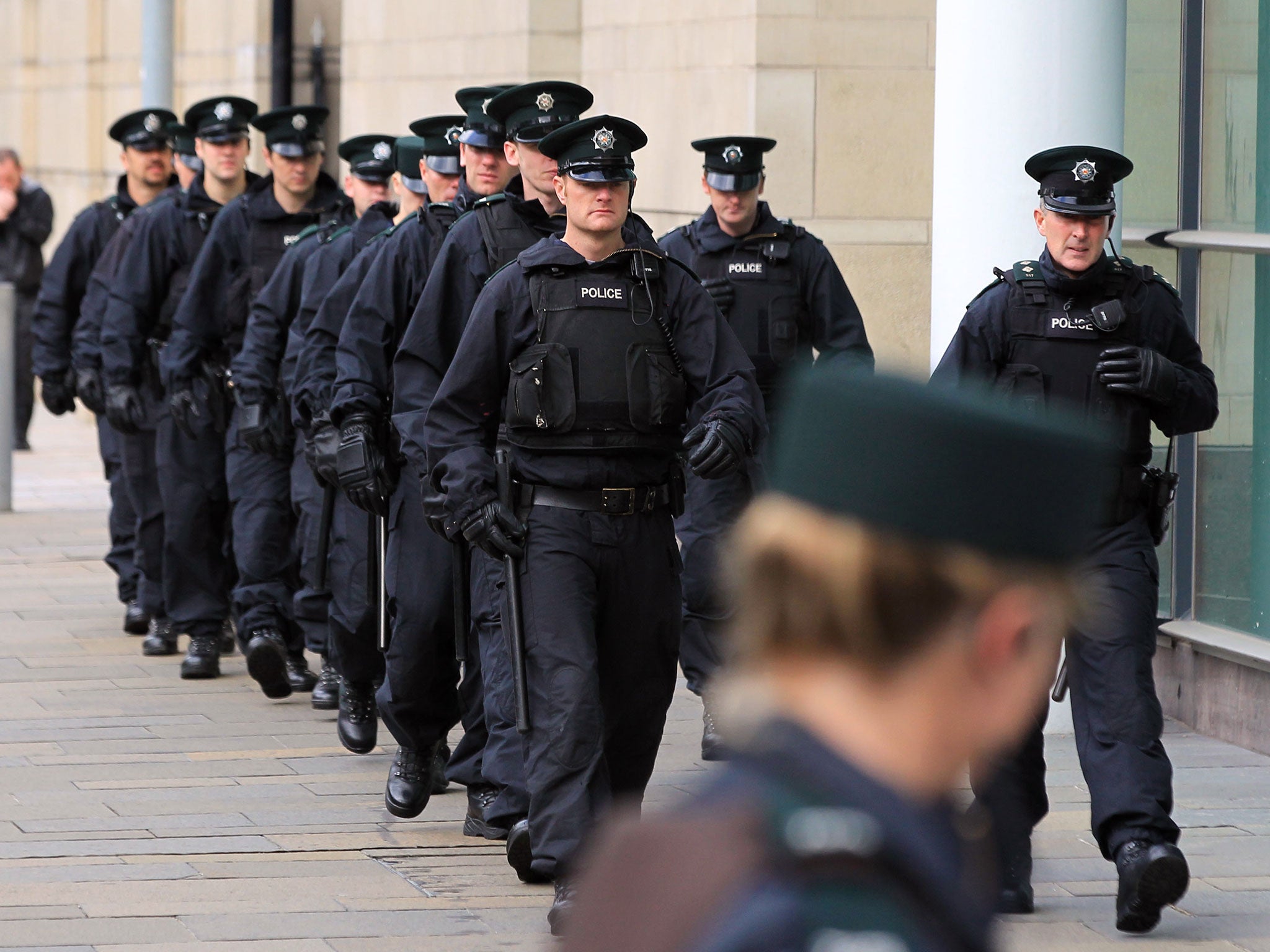Loughinisland shooting: Police officers colluded with loyalist gunmen who killed six Catholics watching World Cup match
An investigation by the Police Ombudsman for Northern Ireland found that police informants may have been involved

A historic investigation has found that Northern Ireland’s security forces colluded “significantly” in a loyalist massacre that saw six men shot dead as they watched a football match.
The victims had gathered to watch the World Cup game between Ireland and Italy on 18 June 1994 when two gunmen burst into the Heights Bar in Loughinisland and opened fire.
Witnesses said the killers laughed as they ran to their getaway car, leaving bodies “piled on top of each other” in the pub. No one has been brought to justice.
The unionist Ulster Volunteer Force (UVF) paramilitary group, which is classified as a terrorist group, claimed responsibility for the atrocity within hours but new evidence has emerged implicating police and officials.

A report by the Police Ombudsman for Northern Ireland found that police informants at the “most senior levels” were involved in the importation of guns and ammunition used in the Loughinisland attack and more than 70 others.
Dr Michael Maguire said the murder squad that carried out the mass shooting had been involved in a number of other murders in the period beforehand, but had avoided arrest because the Royal Ulster Constabulary's (RUC) Special Branch intelligence unit had withheld evidence from detectives investigating the crimes.
One suspect in the Loughinisland shooting was himself a police informant, Dr Maguire, said while some Special Branch officers had a “hear no evil, speak no evil, see no evil” mind-set that placed the collection of information above the detection of crime.
“When viewed collectively, I have no hesitation in saying collusion was a significant feature of the Loughinisland murders,” he said.
While acknowledging some officers worked tirelessly to catch the killers, the Ombudsman described failures in the overall investigation as “catastrophic” and said in too many instances the probe was characterised by “incompetence, indifference and neglect”.

The Ombudsman also examined the role of informants in efforts by loyalist paramilitaries to smuggle weapons into Northern Ireland from abroad during the Troubles.
He found that security forces were monitoring the importation bids and information provided by agents within the paramilitary groups helped lead to the recovery of a significant number of the weapons.
But the watchdog questioned why many still ended up in the hands of loyalist killers.
Dr Maguire said there was no evidence the security forces had forewarning of the Loughinisland attack but alleged that in the wake of the murders, the Special Branch did not appear use their sources in an effort to catch the killers.
“I have found no evidence that sources were tasked with gathering specific information that could have assisted the murder investigation,” he said.
“This was a 'hear no evil, speak no evil, see no evil' approach to the use of some informants, which potentially frustrated the police investigation.”
Dr Maguire said many officers in the RUC and their successors in the Police Service of Northern Ireland (PSNI) worked tirelessly to catch the killers but identified a series of failures in the investigation including the forensic strategy, enquiries into getaway car, witnesses appeals and arrests.
“There was then a significant delay in arresting the suspects, with the result that evidential opportunities were lost,” he added.
A report by the previous Police Ombudsman, Al Hutchinson, in 2011 found that the RUC failed to properly investigate what happened in Loughinisland but said there was insufficient evidence of collusion.
Those findings were quashed after a legal challenge by relatives of those killed and Dr Maguire subsequently undertook a fresh investigation.
The victims were Barney Green, 87, Adrian Rogan, 34, Malcolm Jenkinson, 53, Daniel McCreanor, 59, Patrick O'Hare, 3, and Eamon Byrne, 39.
Additional reporting by PA